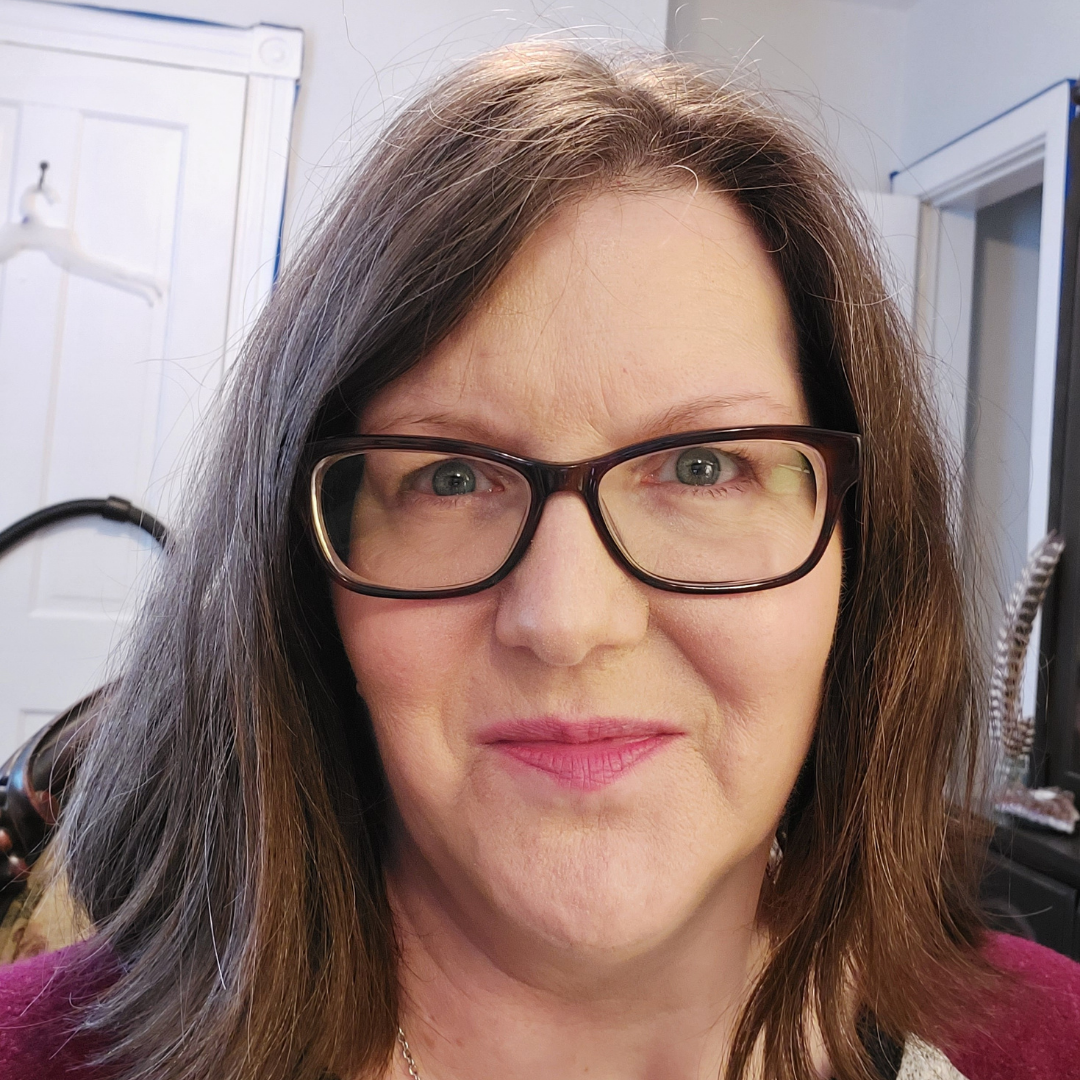Saying You're Sorry
- Pam@SensitiveWomenRock

- Aug 14, 2022
- 3 min read
Updated: Oct 9, 2024
"I'm sorry". Like "I am", these two little words have a lot of power. But, what you do with that power can be different depending on the circumstances.
Think of all the times you say "I'm sorry". How often do you use it and when? The answer to those questions can determine whether you maintain your personal power or you give it away.

The words "I'm sorry" should only be used when you have actually done something that has hurt another individual, not when speaking about yourself or your feelings. You should never apologize for what you want and how you feel. Your desires and emotions are valid, and need to be treated as such. And, for heavens sake, definitely do not apologize for something you had no input in, didn't do, or had no control over! All of these things give your power away.
Yet, many people are taught or conditioned to apologize for who they are and how they feel. It occurs when we encounter someone who doesn't like what we're saying. We may get uncomfortable and then cede our feelings in favor of making them feel better. Or we apologize when something goes wrong in someone else's life, even though we had nothing to do with it, just because we feel bad for them. You can empathize with someone's dilemmas but don't take ownership of them. All of these are hallmarks of people pleasing, or as my friend, Joy Balma, would say, Good Girl Syndrome. (Check out more about being a Good Girl HERE.)
I used to be this way. I often apologized for who I was and what I liked. I made excuses. And feelings? Oh boy, did I apologize for my feelings. I mean, as a sensitive, I always felt when someone didn't get me or I made them uncomfortable. I learned early on that was a big no-no because your parents might not want you anymore. (Remember my story about my dad wanting to send me back to the hospital because I was different? If not, you can find it HERE.) And I apologized for things that happened in other people's life when I had nothing to do with what was going on.
Here's the thing...
When we ignore our desires and feelings, we cut ourselves off from our personal power.
The connection between our soul starts getting lost. We become less authentic. We suffocate our voice and backburner ourselves in favor of someone else. When we apologize for being US or for an issue we shouldn't, we give the other person our power. And we need to knock that shit off!!!!
Now, I try to catch myself when I go to say "I'm sorry", and trust me, it isn't always easy. (It can be damn difficult unlearning something that has become so ingrained.) Before I say the words, I check myself - what exactly am I apologizing for? If it's because of an action I've taken, then I continue with a heartfelt apology. If I'm getting ready to say it because someone disagrees with something I'm feeling or wanting, I pause and reframe my response. I choose to not invalidate my emotions and desires. I am allowed to feel and want those things even though someone may disagree with me or not like it. That is their problem, not mine.
And the same goes for you!
Think on when you apologize and why. If you have valid reasons to be sorry, then, absolutely do so. But, if the reason you're apologizing is because someone didn't like you speaking your truth or you just feel bad for something that occurred, then hit the brakes! Tell the person who disagrees that you appreciate them expressing their feelings, let them feel acknowledged, then do YOU, boo! If you're just empathizing with a situation someone's going through, you can let them know how you feel without apologizing. Do NOT give your power away!



Comments